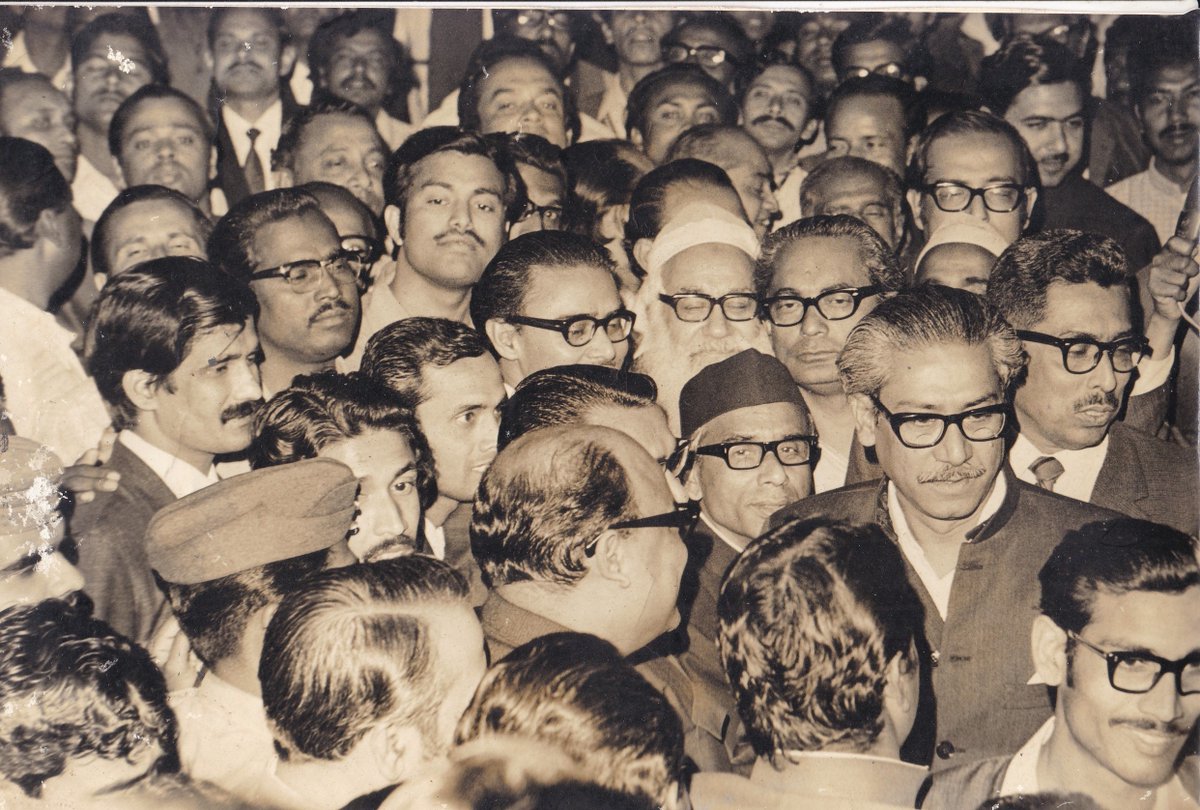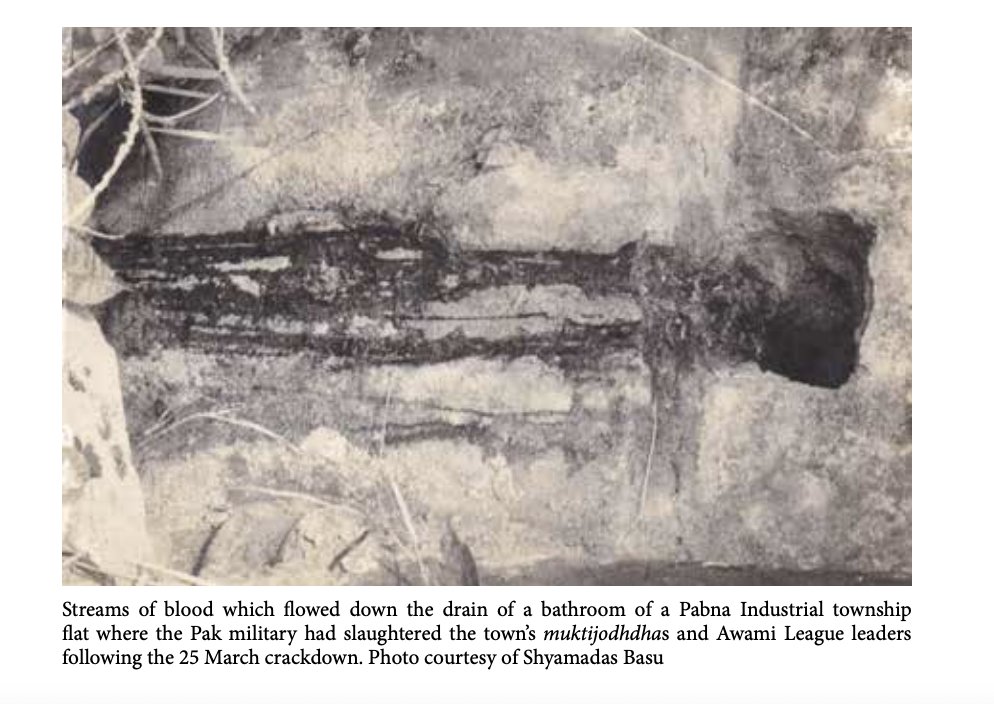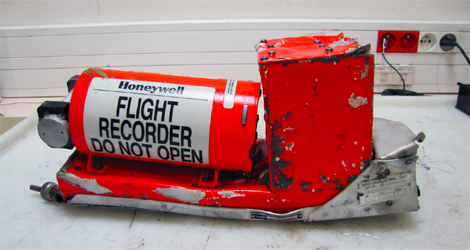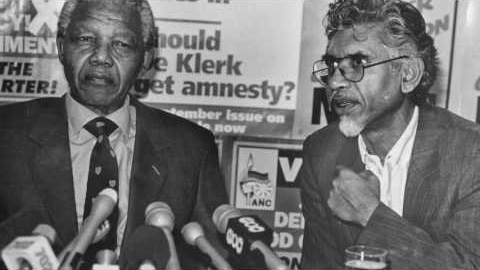This year, a controversy broke out over a scene in Kesari 2. It allegedly misrepresented one of Bengal’s greatest freedom fighters, Khudiram Bose, by calling him Khudiram Singh. To understand why that name matters, we have to take a train to a small station in Bihar. Thread 1/19 

The station has two platforms and is located in Samastipur district, part of the East Central Railway’s Sonpur division. To understand why the name mix-up hurt so deeply, we have to look beyond cinema. This small, unassuming train station may hold the answer. 2/19 

It has worn several names over the years — Waini Railway Station, then Pusa Road Waini after the nearby agricultural university was built. Later, Waini was dropped. For decades, it was simply “Pusa Road.” 3/19 

By the 1990s, there was one more change. Today, it carries a name that makes you pause.
Khudiram Bose Pusa.
Isn't that remarkable? Why would a station in Bihar bear the name of a Bengali revolutionary? 4/19
Khudiram Bose Pusa.
Isn't that remarkable? Why would a station in Bihar bear the name of a Bengali revolutionary? 4/19
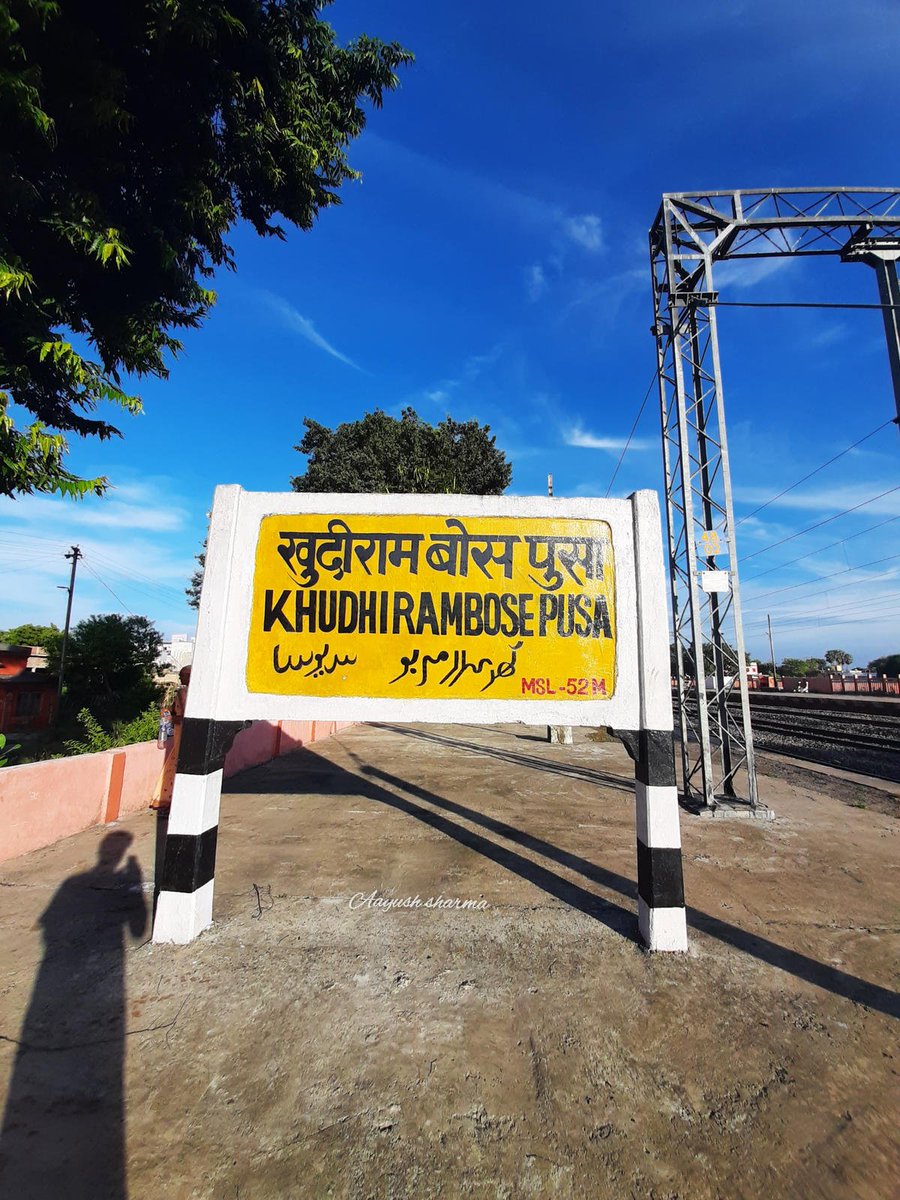
Khudiram’s story is well-known in Bengal. Across India, not so much. Born in 1889 in Midnapore, he lost both parents at a young age. The family’s property was gone, sold to pay debts and marry off sisters. 5/19 
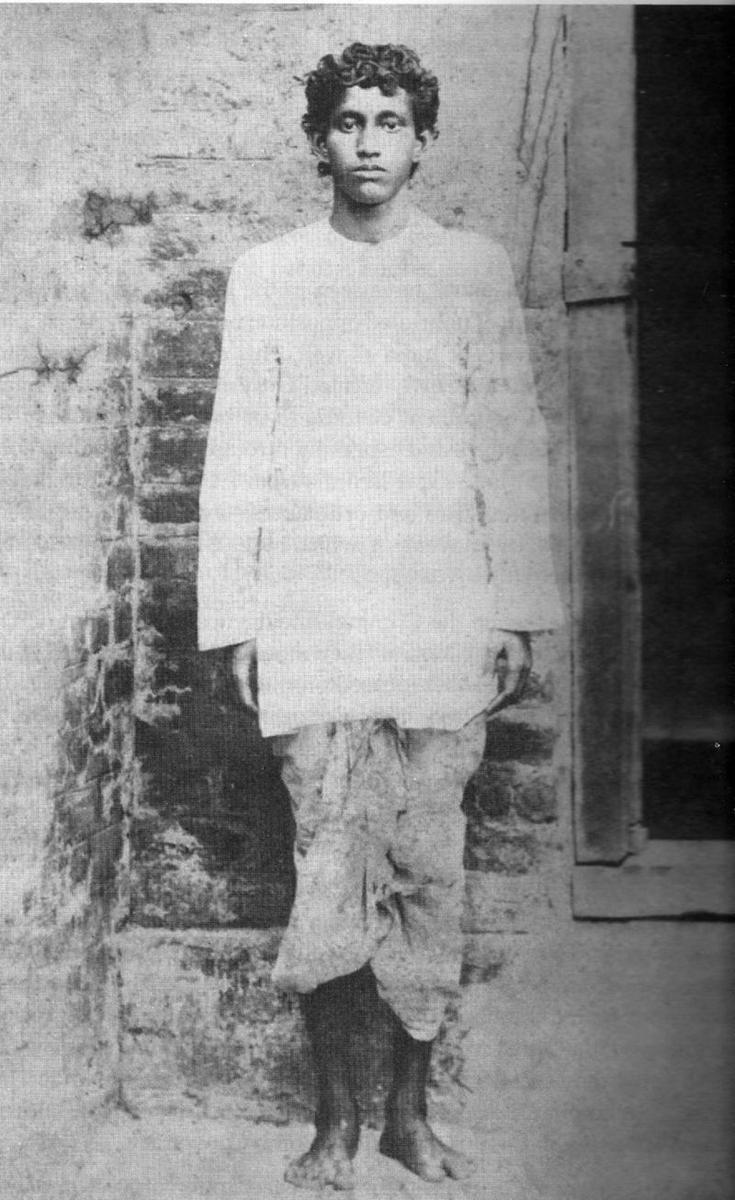
He grew up in relatives’ homes, where affection was scarce. Maybe that’s why he could so easily feel the pain of the oppressed. He was barely an adult when Khudiram joined the fight against British rule. 6/19
In 1908, the task of assassinating Judge Kingsford fell to him and Prafulla Chaki. Kingsford, then posted in Muzaffarpur, was notorious for handing down harsh sentences to revolutionaries. 7/19
The two young men, strangers until they met at a railway station, began to shadow their target. Alongside Prafulla Chaki, he arrived in Muzaffarpur, tracking Kingsford’s routine for days. 8/19
Kingsford returned home each evening in a white horse carriage. For seven days they studied his routine.
Eventually on April 30, 1908. Evening. A white horse-drawn carriage approached Kingsford’s bungalow. 9/19
Eventually on April 30, 1908. Evening. A white horse-drawn carriage approached Kingsford’s bungalow. 9/19
Khudiram and Prafulla hurled a bomb targeting Kingsford. The explosion tore the carriage apart. But fate played a cruel trick. Kingsford was not inside. Two British women, Mrs and Miss Kennedy, were killed instead. 10/19
Khudiram walked away, unaware of the mistake.
He walked barefoot for 25 km before reaching Waini railway station. There, two armed constables arrested him. Decades later, this Waini station would be renamed in his honour. 11/19
He walked barefoot for 25 km before reaching Waini railway station. There, two armed constables arrested him. Decades later, this Waini station would be renamed in his honour. 11/19
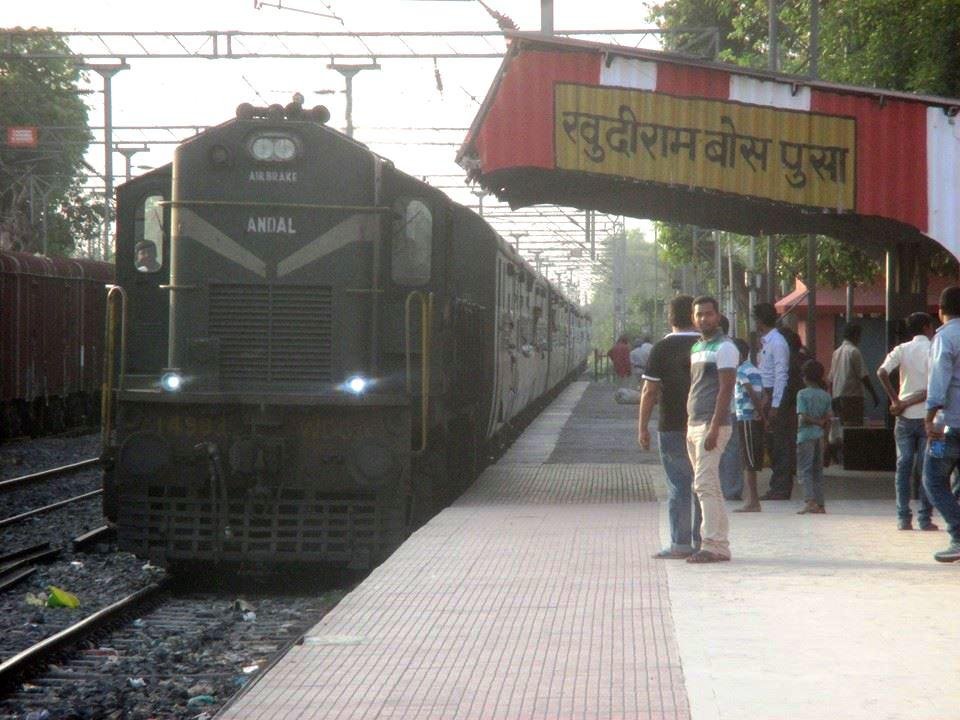
Khudiram was 18. At his trial, the evidence and the verdict were swift. He was sentenced to death. In Bengal, his hanging turned him into a legend and folklore. The song “একবার বিদায় দে মা ঘুরে আসি” ("Bid Me Goodbye, Mother") was written to honor him.
12/19
12/19
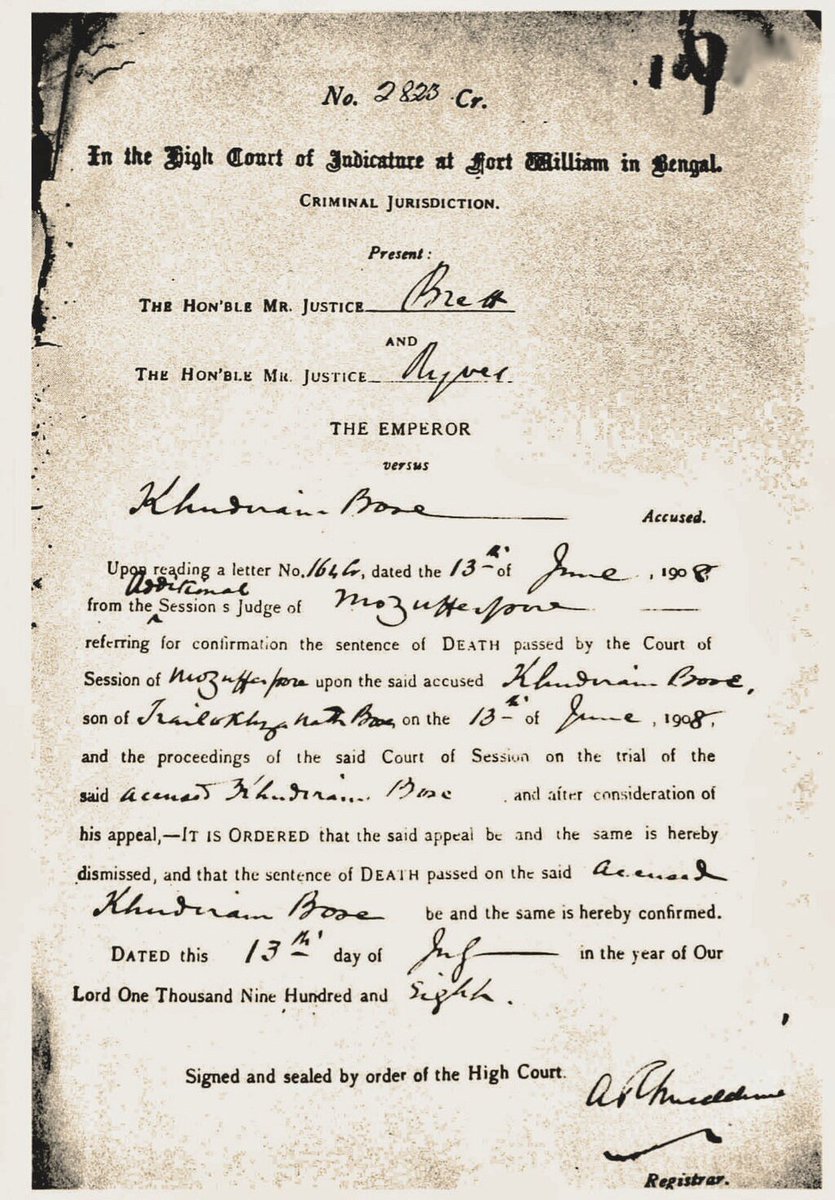
Students apparently went to class barefoot in solidarity. People collected his ashes like relics. A ‘dhoti’ with his name on the border became a symbol of rebellion. Even the pop of a soda bottle in a European club once caused panic. 13/19
Yet, beyond the bomb, beyond the trial, it was something else that people remembered most — his smile. Many of these stories are impossible to verify.
But the smile?
That’s in the newspapers. The court records. The eyewitness reports. 14/19
But the smile?
That’s in the newspapers. The court records. The eyewitness reports. 14/19
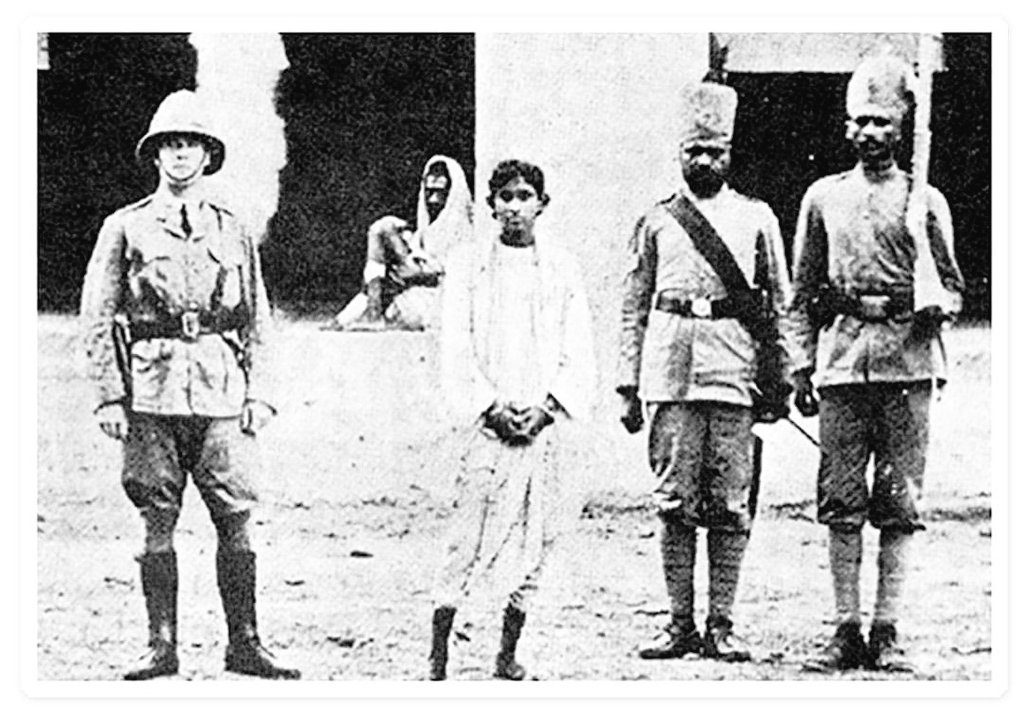
The Statesman reported on May 2, 1908:
He stepped out of the first-class compartment and walked briskly to the phaeton waiting for him outside. Like a carefree boy untouched by worry, he climbed in — and with a gleam in his eyes, shouted at the top of his voice, Bande Mataram! 15/19
He stepped out of the first-class compartment and walked briskly to the phaeton waiting for him outside. Like a carefree boy untouched by worry, he climbed in — and with a gleam in his eyes, shouted at the top of his voice, Bande Mataram! 15/19
On June 18, 1908, Sanjeevni reported scenes from the session court:
“Have you read the Gita?”
“Yes, I have.”
“Do you feel any fear?”
Hearing the question, Khudiram burst into laughter and replied, “Why should I be afraid?” 16/19
“Have you read the Gita?”
“Yes, I have.”
“Do you feel any fear?”
Hearing the question, Khudiram burst into laughter and replied, “Why should I be afraid?” 16/19
According to Sanjeevni, after hearing the death sentence, Khudiram remained completely calm and composed. Observing this, the foreign judge, perhaps thinking the young man hadn’t understood the verdict, asked him, “Do you understand the punishment that has been given to you?”
Khudiram smiled and nodded. 17/19
Khudiram smiled and nodded. 17/19
Amritabazar Patrika reported on August 12 1908 #OTD
“At Muzaffarpur, at six o’clock in the early morning on August 11, Khudiram was executed. He walked to the gallows with firm steps and a calm mind. Even when the noose was placed around his neck, he was still smiling.” 18/19
“At Muzaffarpur, at six o’clock in the early morning on August 11, Khudiram was executed. He walked to the gallows with firm steps and a calm mind. Even when the noose was placed around his neck, he was still smiling.” 18/19
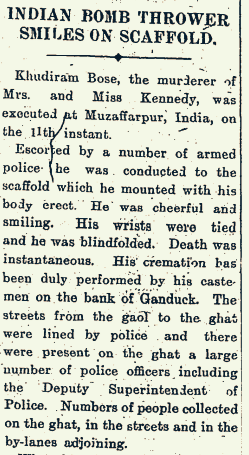
In that final moment, his smile was his last act of rebellion—something Indian patriots still hold onto. That is why, even far from Bengal, a railway station in Bihar bears his name. 19/19 
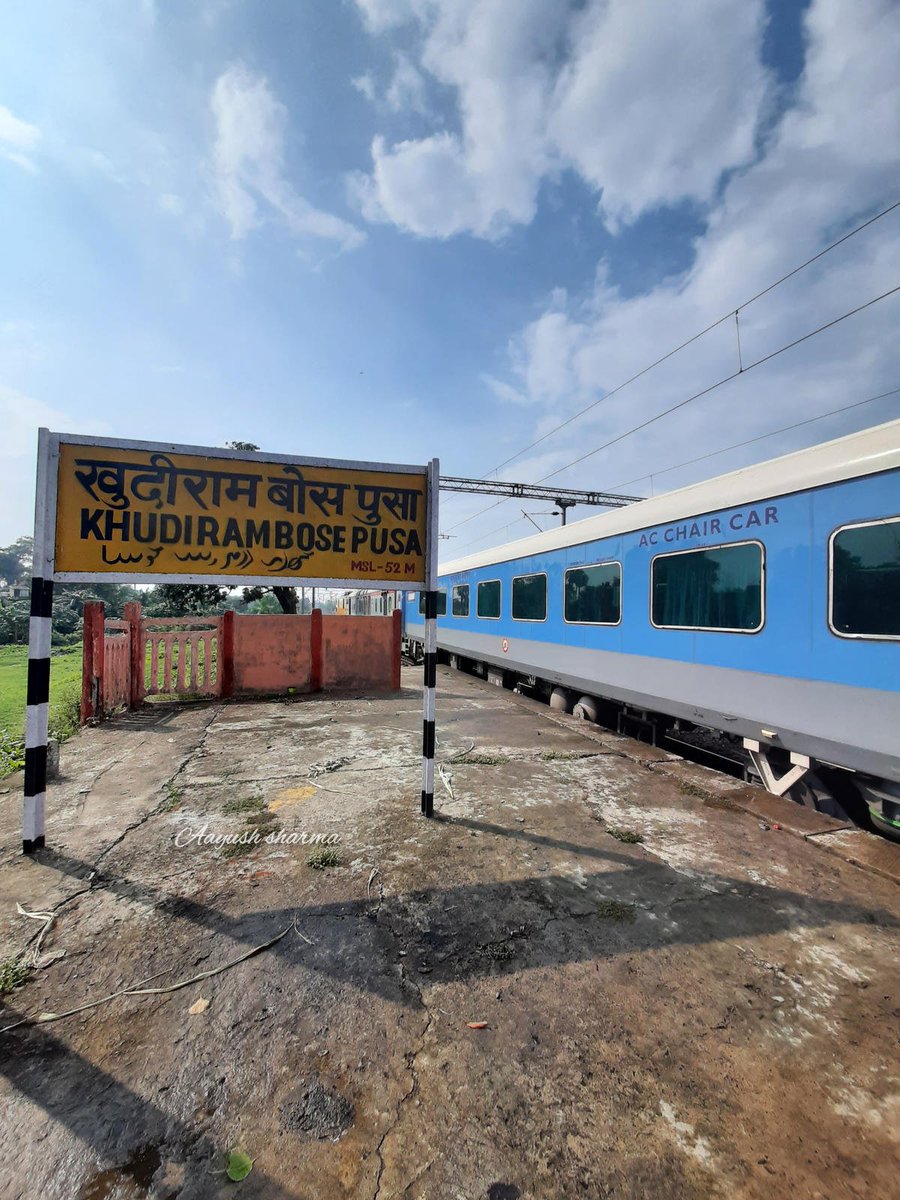
Source & References
Ami Subhash Bolchi by Shoilesh Dey
Bangashri, Vol-21, Issue no-1-6, Part no-1, 1360
@WikiCommonsindiarailinfo.com/station/map/kh…
Ami Subhash Bolchi by Shoilesh Dey
Bangashri, Vol-21, Issue no-1-6, Part no-1, 1360
@WikiCommonsindiarailinfo.com/station/map/kh…
• • •
Missing some Tweet in this thread? You can try to
force a refresh




